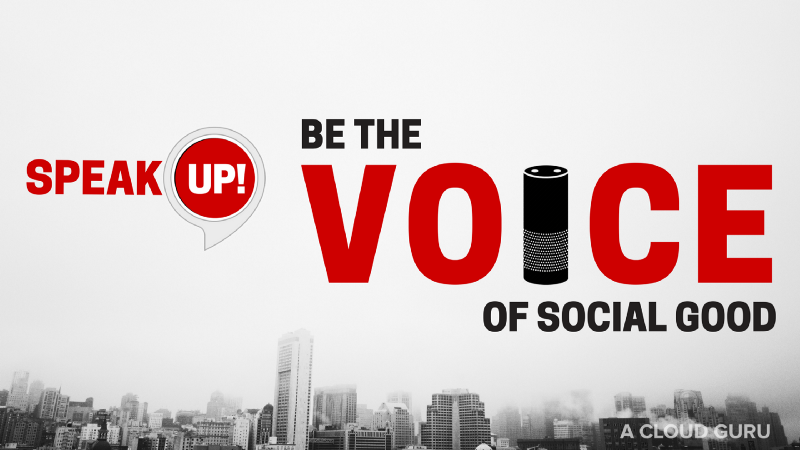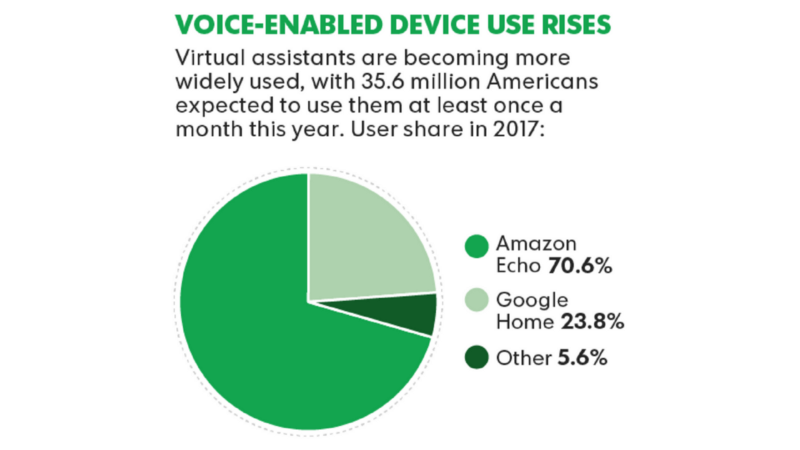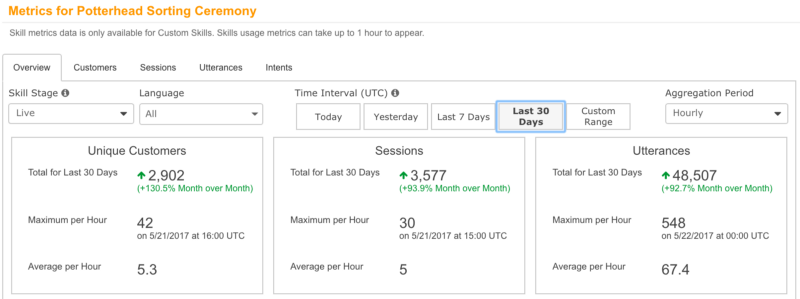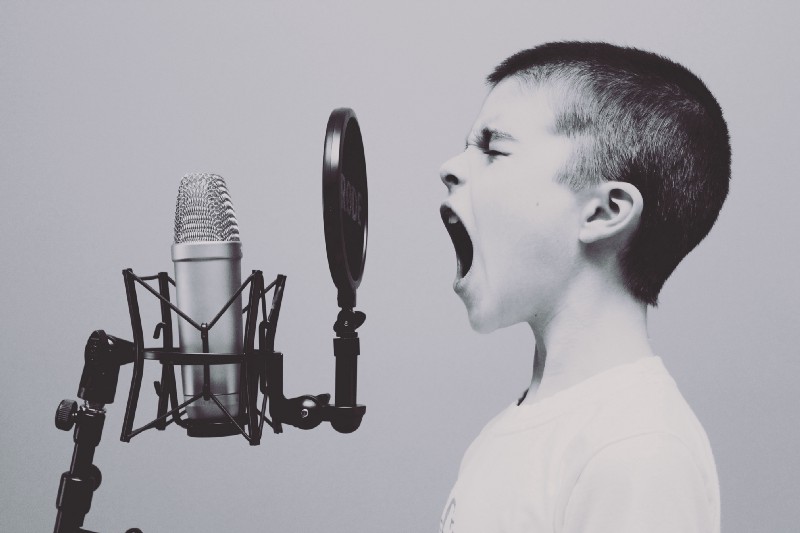Coding for social good is a welcome movement. And it translates advancements in technology into social advancement for people everywhere.
“Technology lets you see problems in ways my friends and I never could, and it empowers you to help in ways we never could. You can start fighting inequity sooner, whether it is in your own community or in a country halfway around the world.” — Bill Gates, Letter to the Class of 2017
Organizations like freeCodeCamp are on the leading edge of this movement. The community brings together aspiring software developers to build open source projects. Their coding contributions to the projects help nonprofits carry out their missions more effectively.
Every day, coders around the world are making significant contributions toward solving social issues and supporting non-profits, human rights, global literacy, the environment, educators, or individuals in need.
Speak Up!
To help bring technologists together with social organizations that struggle with difficult challenges, A Cloud Guru launched the Alexa “Speak Up!” Challenge.
The premise of the “Speak Up!” is simple — learn to code an Alexa skill, impact the greater good, and inspire change.

Be the voice of social good
The challenge is inspired by Cameron Gallagher, the daughter of my close friend. Cameron’s dream was to create a 5k race in our community to raise awareness for teenage depression.
She planned for her race to be named the SpeakUp5k to let other teens like herself know that it was okay to speak up about their personal battles.

Before her SpeakUp5k could launch, sixteen-year-old Cameron passed away suddenly from an undiagnosed heart condition after crossing the finish line of a half-marathon.
During her final race, she looked at friend after struggling with cramps and said “Let’s finish this.” The CKG Foundation carries this message forward in her honor — and so does this challenge.
Why Alexa?
The user base of voice-assisted devices is already very large — and growing fast. More than 35 million Americans will use a voice-enabled speaker at least once per month in 2017. With over 70 percent of the U.S. market share, Amazon is currently dominating the voice-enabled speaker market.

By the end of 2020, Gartner’s expects that 75% of US households will have a voice-enabled smart speaker. At that point, the install base of Alexa devices is forecasted to be 128 million users.
With a massive user base and a simple Alexa Skills Kit (ASK) for coders, the Amazon Echo provides software developers a powerful platform for amplifying your message of social good into the homes of millions of users worldwide.
Let’s get started — Hello Word
Designing, developing and publishing an Alexa skill is really very easy — a basic skill can be completed within an hour.
- A Cloud Guru provides a free Alexa course that’ll walk you through the entire development process — from creating an account through publishing the skill.
- Explore Amazon’s Alexa Github repository of templates for simple guides that explain the basic building blocks and concepts of skill development.
- Don’t have an Echo? No problem. EchoSim.io is a browser-based interface that allow developers to test their skills in development.
Need some inspiration … just say “Alexa, Inspire Me!”
How to measure the success of your code?
For any product in the early stages of development, it’s important to maintain focus by picking a single metric to measure progress. The Lean Startup movement advocates that startup use One Metric That Matters (OMTM) to track customer impact.
The purpose of the OMTM is to track that the changes being made to the product are having a measurable impact on the behavior of your customers.
For coders participating in the “Speak Up!” challenge, the OMTM is the number of customer lives touched by your sessions of social good. Once you’ve published an Alexa skill, the Amazon developer’s console provides a simple interface for tracking this metric.

With millions of households listening, each invocation of your skills offers the potential to inspire, create awareness, and advance social good on a massive scale.
And now that Amazon is offering incentives to developers of top gaming skills, creating a fun and engaging Alexa skill for social good could also result in financial rewards to contribute to your cause. At the very least, your published skill will earn you some free Alexa swag!
“You must be the change you wish to see in the world.” — Mahatma Gandhi
Consider participating in the Alexa Speak Up! Challenge — learn to code an Alexa skill, impact the greater good, and inspire change.
“Let’s Finish This!”
Thanks for reading! If you like what you read, hold the clap button below so that others may find this. You can follow me on Twitter.

